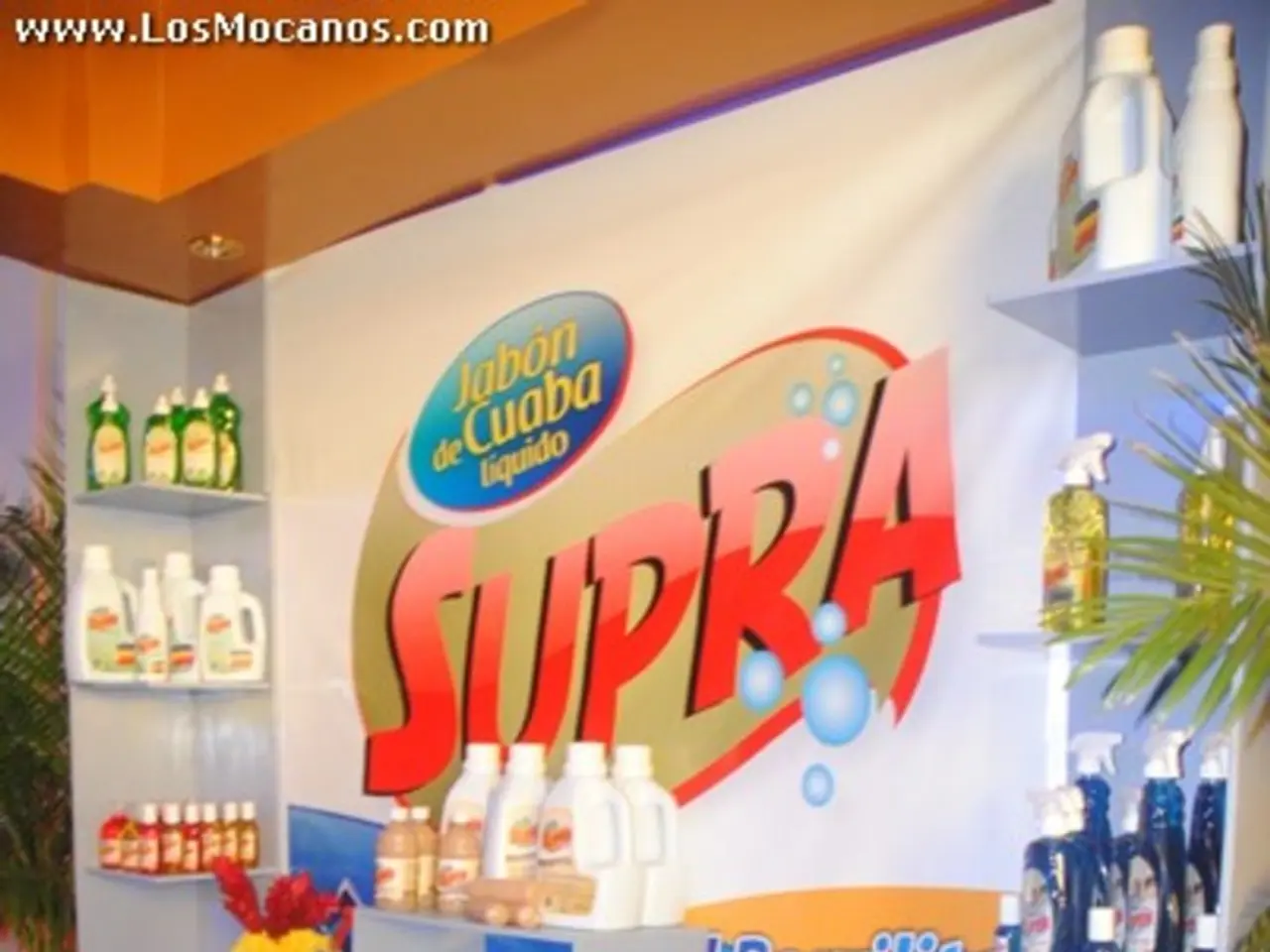Shifting manufacturing and consumption trends influenced by cosmetic certification standards
In the ever-evolving world of beauty, a significant shift is underway as consumers become more informed and aware. The global demand for natural cosmetics is on the rise, and industries, including the cosmetics sector, are responding by transforming their production patterns and promoting sustainable consumption.
Sustainability, cruelty-free testing, and clean beauty have become new industry objectives, leading brands to rethink their product processes, from ethical sourcing of ingredients to the elimination of petrochemical products and the adoption of new packaging practices. This transformation reflects a growing consumer preference for products that align with their values and lifestyles, prioritising safety for humans and the environment.
Organic, natural, and cruelty-free cosmetics certifications are essential in meeting this demand. These certifications provide third-party verification that cosmetic products meet strict criteria related to natural and organic ingredient content, environmentally sustainable sourcing, and ethical practices such as cruelty-free production. This verification addresses consumer demands for transparency, sustainability, and safety in cosmetics.
Key natural cosmetics certifications include COSMOS, NATRUE, USDA Organic, ECOGEA, Leaping Bunny, and Vegan Society certifications. COSMOS certification requires at least 95% organic ingredients for organic labeling and sets strict standards on ingredient sourcing and processing, enabling global premium market access. NATRUE focuses on ensuring natural and organic content with restrictions on synthetic ingredients, while USDA Organic applies mostly in the United States, requiring 95% organic content and certified ingredient lists.
ECOGEA is an international EU-based certification that emphasises natural, mostly plant-based ingredients, preference for organic farming, and purity standards aligned with sustainability goals. Leaping Bunny and Vegan Society certifications specifically address cruelty-free and vegan product attributes, which are critical for ethical consumer concerns tied to animal welfare and environmentally friendly manufacturing.
These certifications help brands differentiate their offerings by providing objective, reliable proof that cosmetics are formulated and produced with sustainability, natural origin, and ethical considerations in mind, meeting growing consumer expectations for environmentally responsible beauty products. The certification process typically involves ingredient verification, facility audits, transparency reporting, and compliance with international standards such as ISO 16128, creating a trustworthy framework beyond marketing claims.
One company at the forefront of this movement is Provital. Committed to generating sustainable and "clean" solutions, Provital aims to develop natural active ingredients that are innovative, effective, and in line with consumer demands for natural, organic, and sustainable beauty. Their products comply with several cosmetic certifications related to natural ingredients and sustainable practices, including Halal, Cosmos, EcoVadis, and UEBT membership, and they calculate the percentage of natural ingredients in accordance with the ISO 16128 standard.
This trend towards natural cosmetics is part of the Sustainable Development Goals of the United Nations, specifically Goal 12 which focuses on responsible production and consumption. The United Nations aims to change the global evolution towards the depletion of natural resources to promote sustainable coexistence between humans and the environment.
In summary, natural cosmetics certifications are vital in assuring consumers that products labeled as natural, organic, eco-friendly, cruelty-free, or vegan genuinely adhere to rigorous sustainability and ethical standards throughout formulation and production. Brands, like Provital, are taking the industry's challenges seriously and responding to the demands of increasingly aware and informed consumers.
- As sustainable living becomes increasingly popular, environmental-science plays a crucial role in the health-and-wellness sector, with scientific research developing innovative solutions for natural cosmetics.
- Fashion-and-beauty industries are shifting focus towards sustainable production methods, aligning with the lifestyle preferences of consumers concerned about climate-change and the environmental impact of their choices.
- Home-and-garden enthusiasts can opt for eco-friendly cleaning products certified under the same strict standards as natural cosmetics, promoting a sustainable lifestyle within their homes.
- Nutritionists are engaging in research to establish the health benefits of natural ingredients in cosmetics, further bolstering the case for sustainable-living and the use of natural cosmetics.
- Consumers seeking a holistic approach to health-and-wellness are now including sustainable fashion, eco-friendly home goods, and natural cosmetics as part of their overall lifestyle choices, fostering a culture of responsible consumption.




